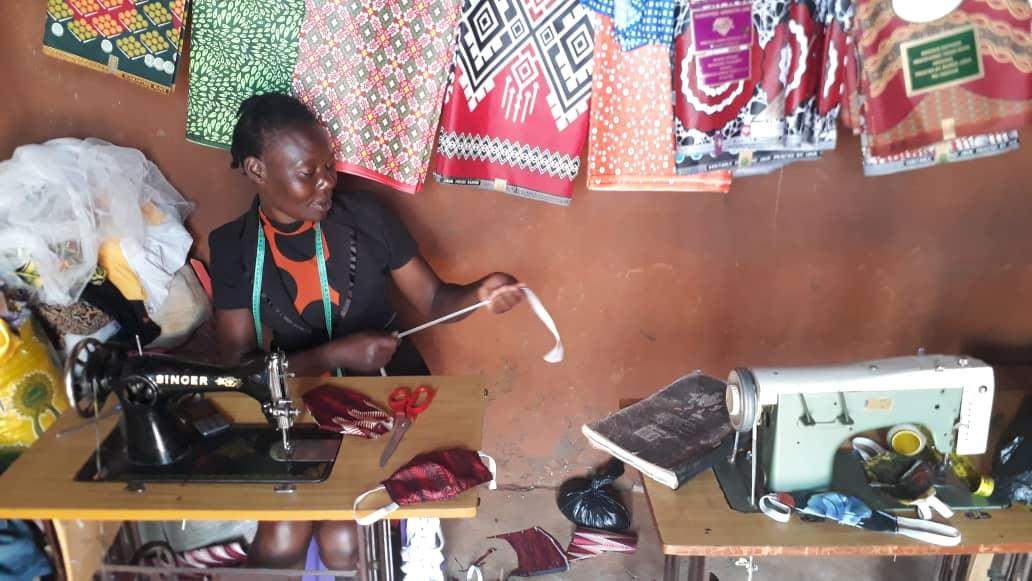In Uganda, innovation helped students survive during Covid lockdown
They had just received their biggest order ever. In
February 2020, they won a contract to make 500 uniforms for pupils of Kisumu
Primary School. But then Covid-19 struck. Schools and businesses were
closed. Public and private transport were banned and a 7 pm curfew was
introduced.
For Juliet Aigo and Rose Akello, who run a tailoring
shop in Uganda’s northeastern region of Karamoja, it was like a dream was shattered.
They had worked
hard to reach where they had.
In this remote region, where child marriage and poverty are widespread, the two girls took an
extraordinary step. They left the village to enroll in a training course in
Moroto town, some 100 km away.
The six-month
course in tailoring and fashion design at Daniel Comboni Vocation Institute was
part of a skills training programme, run by Enabel.
After graduation,
the two friends bought a sewing machine on credit and opened a tailoring
workshop in the trading centre of Nakiripirit.
As the business
took off and more orders came in, they were able to pay off their sewing
machine and buy two more. The uniform contract was going to be a huge boost for
their infant business.
“This was one of
the biggest orders in three years. But as soon as we had started the work, the government
announced a lockdown,” says Juliet.
Not only was it a major setback for their business,
the girls suddenly found themselves struggling to survive and slipping back
into the poverty trap they had tried hard to escape.
The course, however, had taught them to think out of
the box, be innovative, and adapt to changing situations. When the use of masks
in public places became mandatory, they saw it as an opportunity.
They took their sewing machines home, to the village
of Acerere, and started making face masks, which they sold at UGX 1,000 each.
And since people in the village had no money for new
clothes, the tailors made patching and repairing old clothes their new
trademark.
“It was business
as usual and we survived better than most businesses during the lockdown,”
says Rose.
“On a good day, we made up to
UGX 8,000.”
They also turned to farming. On Julie’s family land, they
produced their own sorghum and sold the surplus. That helped them acquire
additional sewing machines and expand their workshop.
Despite the setback caused by the Covid-19 epidemic,
they not only managed to keep their business going but also to continue
dreaming.
“One day, we want to turn our
workshop into a public training centre for fashion designers,” says Rose.
Latest news from this project
No news

